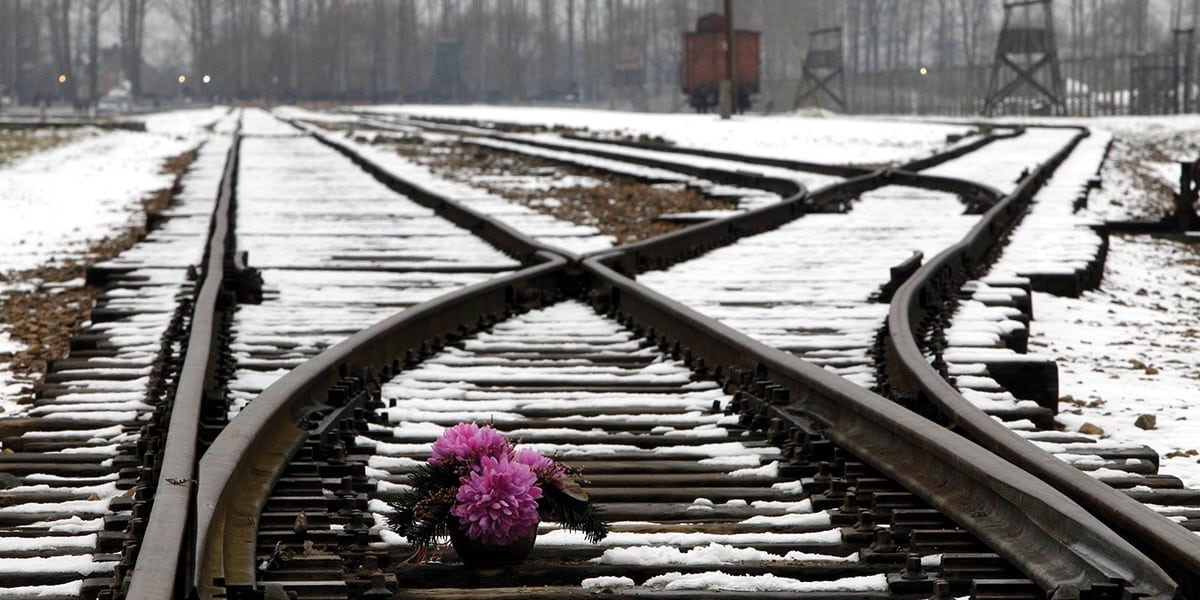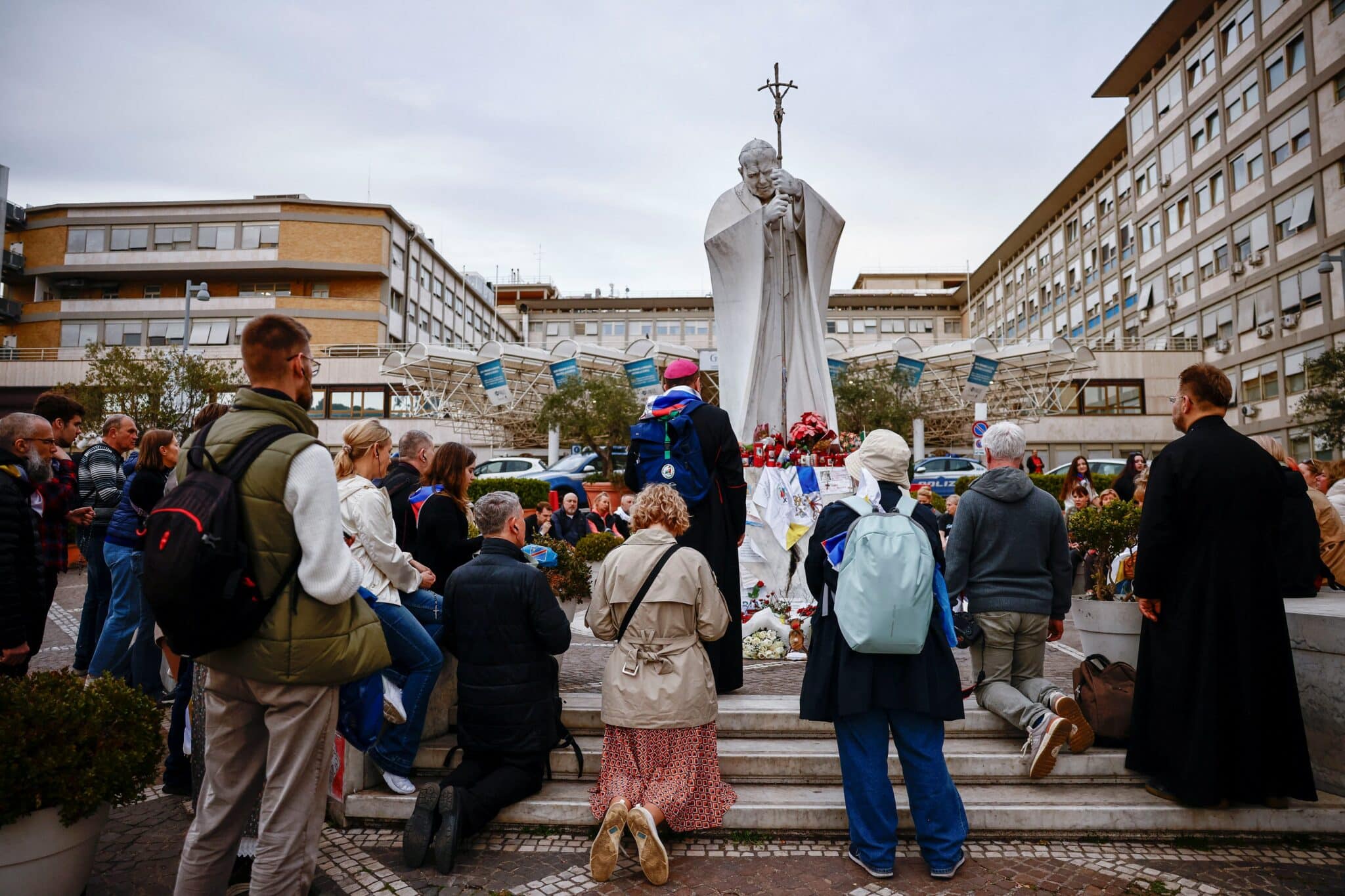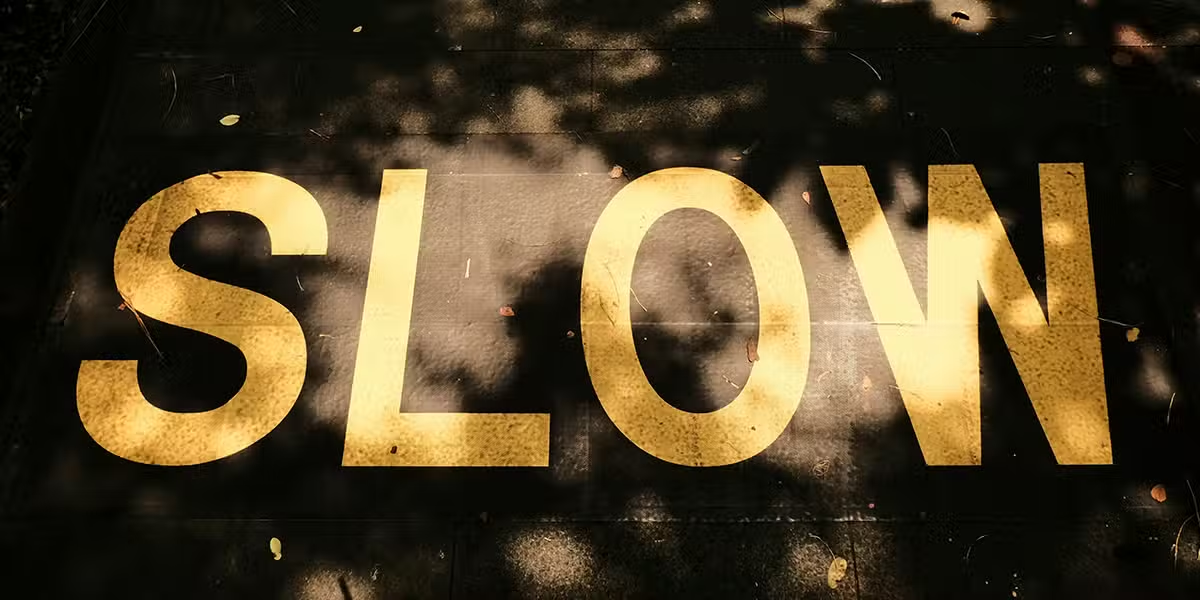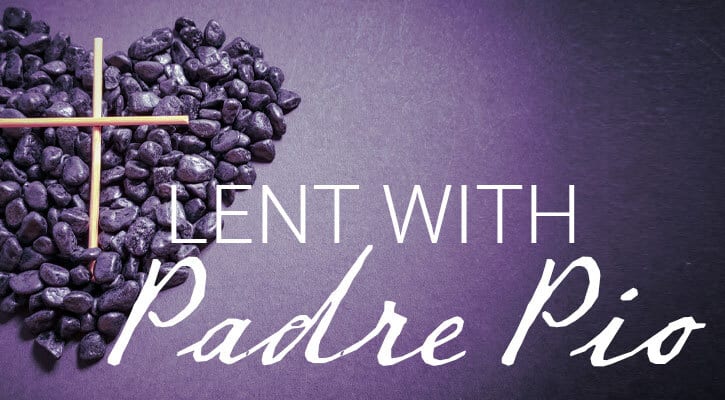Kolbe offers us a unique theology of justice, seeing justice as holiness, righteousness, holding the love of God and neighbor in balance.
When the prisoners of Auschwitz’s Block 14 heard there was an escape, their faces went white. First those in the escapee’s block were required to stand at attention in the parade grounds until the escapee was found.
If the person was not found by curfew, the prisoners were sent to the barracks without food. The next day the “stand-out” was carried out again in the hot sun without food. Many were overcome with heat and hunger and were dragged to the side and piled together. In the afternoon there was a short break, some food was given, and it was announced that the escapee had not been found. The prisoners knew the next step. Ten prisoners, sometimes more, would be selected to die of starvation and thirst in the “Death Block.”
The hated Commander Karl Fritzsch liked this part of the drill. Slowly he walked along the lines, knowing that he had the power of life or death, and would point to one terrified person and then another until he had ten. At one point, one of the “chosen” broke down and cried out that he would never see his wife and children again. There was a long silence, and then against all rules of the yard, a man stepped toward Fritzsch and said something in a low voice.
One nearby witness has given this account of the event: The Commander said: “What does this Polish swine want?” A frail but determined prisoner named Maximilian Kolbe pointed to the prisoner that had been selected and said: “I am a Polish Catholic priest. I am old. I want to take his place, because he has a wife and children.”
Kolbe wisely knew that the Nazis hated priests, and had no use for the feeble elderly. Even though Kolbe was only 47, he knew that “the old priest” combination would appeal to the commanders. Our witness says that Fritzsch was speechless and surprised at the audacity of this priest. When the officer got back his composure, he ordered Kolbe to step out and be part of the ten. The family man’s life was saved and the ten victims were marched off to the Death Block.
Maximilian Kolbe is best remembered for this incident where he took another man’s place in the death chamber at Auschwitz. This alone qualifies him as a hero, but there is much more to Kolbe’s life that is also inspiring. He started a major reform movement among his fellow Franciscans, ran an enormous religious publishing business that spread the gospel throughout Poland, and provided shelter and protection for many refugees and Jews during the Nazi occupation of Poland in World War II.
To understand Kolbe as a hero of our time one must dig beneath his traditional Polish piety, a piety which in its fervor even put off many of his own Franciscans. His total dedication to Mary, “the Immaculata,” and his organization of a militia of knights to conquer the world for her must be translated into Kolbe’s strong discipleship with Jesus and his mother, as well as his passionate commitment to the gospel mission to teach all nations.
A Modern Saint
Maximilian Kolbe was beatified in 1971 by Paul VI and canonized in 1982 by John Paul II, who, like Kolbe suffered under the Nazi occupation of Poland, and who often visited the cell where his hero was tortured and killed. John Paul II shared Kolbe’s Polish devotion to Mary, his courage to stand up to violent oppressors with the power of love and truth. He shared his passion to use the media to communicate the gospel of justice and peace to the world.
Maximilian is a hero of peace because he demonstrated throughout his life and most profoundly in his death that love is stronger than hatred and violence and will ultimately defeat such evils. He is a hero of justice, not in any juridical sense, but in the biblical sense of fidelity to the highest law, the law of love.
His following of Jesus exposed the hypocrisies of his age and taught the justice of the beatitudes. He was indeed a just man, a man of holiness whose life stands as a beacon in one of the darkest times of human history.
Kolbe offers us a unique theology of justice, seeing justice as holiness, righteousness, holding the love of God and neighbor in balance. He offers us a theology of peace which goes beyond the lack of war and conquest. His is inner peace which comes from compassion and being able to suffer for and with others. It is a peace that comes from not clinging to the things of life or even to life itself, a letting go to the care of God that gives one strength. Kolbe’s spirit was indomitable and simply could not be broken even by torture and deprivation.









1 thought on “Maximilian Kolbe: Martyr and Saint”
Can more be done for our elderly and aging society? A Catholic based Assisted living facility perhaps?